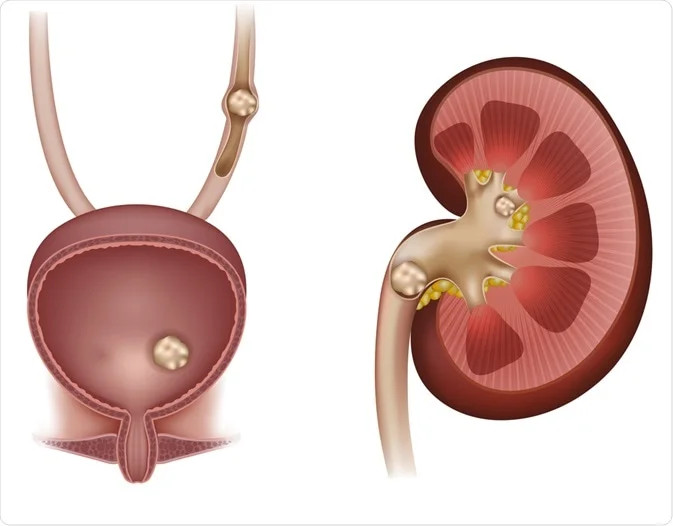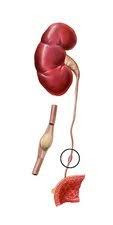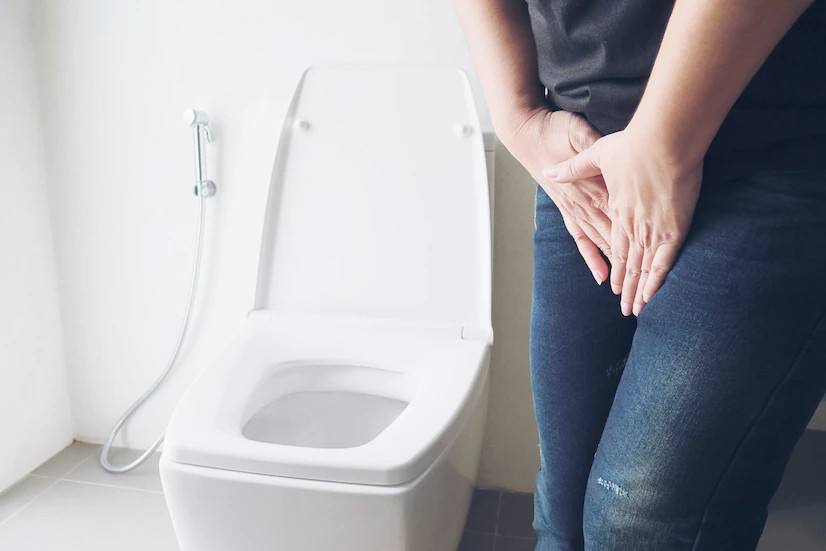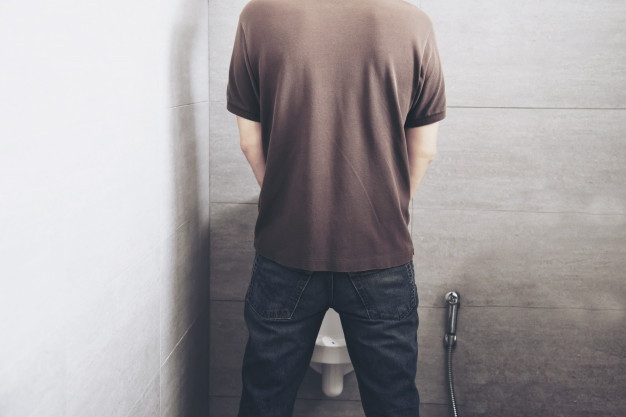Definisi
Uretra merupakan saluran yang membawa air seni dan cairan semen dari penis keluar tubuh. Pemeriksaan sekret uretra merupakan pemeriksaan yang dilakukan umumnya untuk mendeteksi adanya mikroorganisme atau kelainan pada uretra seperti uretritis atau infeksi kuman secara spesifik. Pemeriksaan ini dilakukan untuk mengambil beberapa cairan tubuh guna mendiagnosis penyakit.
Pemeriksaan ini akan digunakan untuk mengidentifikasi bakteri yang ada di dalam uretra dan dapat menyebabkan uretritis. Uretra merupakan saluran yang berfungsi mengeluarkan urine dari kantung kemih untuk dikeluarkan dari dalam tubuh.
Baca Juga: Uretritis - Definisi, Penyebab, Gejala, dan Pengobatannya
Indikasi
Dokter akan menyarankan pemeriksaan ini ketika menemukan adanya cairan yang keluar dari uretra. Selain itu, pemeriksaan ini dapat mendeteksi adanya infeksi yang disebabkan oleh infeksi menular seksual seperti gonorrhea dan klamidia.
Kontraindikasi
Pemeriksaan sekret uretra dapat dianggap aman dan risiko terkait sedang. Tidak ada kontraindikasi khusus terkait pemeriksaan sekret uretra. Diskusikan dengan dokter terkait prosedur pemeriksaan yang akan dilakukan.
Persiapan sebelum Pemeriksaan
Tidak ada persiapan khusus sebelum melakukan pemeriksaan sekret uretra. Pemeriksaan ini tidak mewajibkan Anda puasa sebelumnya kecuali Anda juga melakukan pemeriksaan lain yang mengharuskan berpuasa sebelumnya.
Anda akan diminta untuk tidak buang air kecil 1 jam sebelum pemeriksaan. Anda mungkin akan diminta untuk mengambil sampel paling tidak 2 jam setelah buang air kecil. Hal ini disebabkan ketika anda buang air kecil, anda dapat mengeluarkan bakteri melalui urine sehingga hasil pemeriksaan mungkin kurang akurat.
Informasikan pada dokter bila Anda mengalami beberapa kondisi tertentu sebelum pemeriksaan. Diskusikan dengan dokter terkait obat yang Anda konsumsi dan yang perlu dihentikan sebelum pemeriksaan.
Prosedur Pemeriksaan
Prosedur pemeriksaan sekret uretra cepat, tetapi dapat akan terasa nyeri atau tidak nyaman. Dokter akan melakukan pemeriksaan fisik pada area kelamin pasien. Pasien akan diminta membersihkan area luar kelamin dengan air dan mengeringkannya. Selanjutnya, dokter akan menginstruksikan untuk mengusap perlahan area uretra untuk mengeluarkan nanah dengan alat usap kapas steril untuk merendam nanah pada bagian samping. Hasil pemeriksaan usap tersebut akan dimasukkan ke dalam tube atau kantong khusus untuk penyimpanan dan transportasi ke laboratorium untuk pemeriksaan cairan.
Mungkin ada rasa tidak nyaman pada saat proses usap uretra. Anda mungkin akan kehilangan kesadaran ketika proses usap tersebut, hal ini dapat disebabkan oleh adanya rangsangan pada saraf tertentu. Pada laboratorium pemeriksaan, sampel akan dikultur dan dilakukan pemeriksaan di bawah mikroskop.
Hasil pemeriksaan akan diserahkan pada dokter untuk pemeriksaan lebih lanjut, menentukan diagnosis dan pengobatan untuk pasien. Bila diperlukan, dokter akan melakukan pemeriksaan lebih lanjut untuk memastikan diagnosis kembali. Bila hasil pemeriksaan anda positif, dokter akan segera memberikan opsi pengobatan atau terapi untuk pengobatan Anda.
Nilai Normal dan Abnormal
Nilai pemeriksaan normal bila kultur bakteri menunjukkan tidak adanya pertumbuhan bakteri atau kultur negatif. Nilai pemeriksaan abnormal bila hasil kultur bakteri paositif dan menujukkan adanya pertumbuhan bakteri.
Hasil dan Saran (Pemeriksaan Lanjutan)
Hasil pemeriksaan dari sekret uretra berdasarkan pada bentuk dan warna dari bakteri yang mungkin terlihat pada pemeriksaan. Bila hasil pemeriksaan sekret uretra menujukkan hasil normal, maka tidak ditemukan adanya infeksi pada saluran kemih. Bila ditemukan hasil abnormal, hal ini dapat menjadi tanda adanya infeksi pada saluran kemih. Infeksi ini dapat termasuk gonorrhea atau klamidia.
Pada hasil pemeriksaan, mungkin juga ditemukan bakteri lain selain gonorrhea atau klamidia. Diskusikan dengan dokter terkait hasil pemeriksaan Anda.
Konsultasikan ke Dokter yang Tepat
Bila hasil pemeriksaan sekret uretra menunjukkan hasil tidak normal, Anda dapat berkonsultasi dengan dokter umum untuk mendapatkan diagnosis dan terapi yang sesuai. Dokter mungkin akan menyarankan melakukan pemeriksaan tambahan dan lebih lanjut terkait pemeriksaan apa yang perlu dilakukan sebelum penegakakan diagnosis seperti pemeriksaan fungsi hati. Bila diperlukan, anda dapat berkonsultasi dengan dokter spesialis kulit dan kelamin terkait kondisi Anda.
Mau tahu informasi seputar hasil pemeriksaan laboratorium, radiologi, dan lainnya? Cek di sini, ya!
- dr. Monica Salim
Urethral Discharge Culture. (2021). Retrieved 07 August 2023, from https://medlineplus.gov/ency/article/003750.htm
What You Need to Know About Male Urethral Discharge Testing. (2019). Retrieved 07 August 2023, from https://www.healthline.com/health/urethral-discharge-culture
Urethral Discharge Culture. (2023). Retrieved 07 August 2023, from https://mountsinai.org/health-library/tests/urethral-discharge-culture











